I am doing a Java (JSP + Servlet) web application (I understand that this question is technology-independent). I hope to use the latest Google reCAPTCHA service.
I am playing with a Google reCAPTCHA example found here:
https://developers.google.com/recaptcha/docs/display#config
<html>
<head>
<title>reCAPTCHA demo: Simple page</title>
<script src="https://www.google.com/recaptcha/api.js" async defer></script>
</head>
<body>
<form action="?" method="POST">
<div class="g-recaptcha" data-sitekey="my_site_key"></div>
<br/>
<input type="submit" value="Submit">
</form>
</body>
</html>
I am able to see the displayed recaptcha image as follows:

When I check "I'm not a robot", I get the following:

As you can see, there is a Verify button and based on my tests, user response is sent to Google for verification.
How can I get the user response so that I can verify user response in my own backend code (as suggested by Google at https://developers.google.com/recaptcha/docs/verify).
g-recaptcha-response POST parameter when the user submits the form on your site
On the server side, I can, by clicking on the "Submit" button, get user input from parameter "g-recaptcha-response" only when a user is verified successfully with Google first. Otherwise, "g-recaptcha-response" is blank on the server side. This means that I can do server-side verification only after the client-side's verification success. If so, what is the point of doing another verification on the server-side, which is the option provided by Google reCAPTHA?
Do I miss anything?